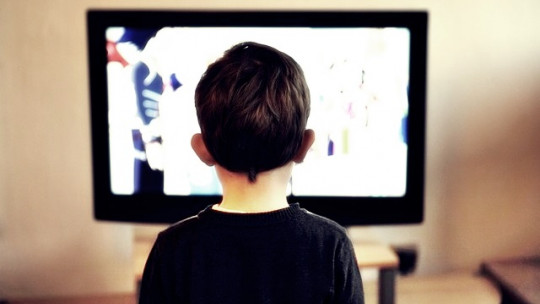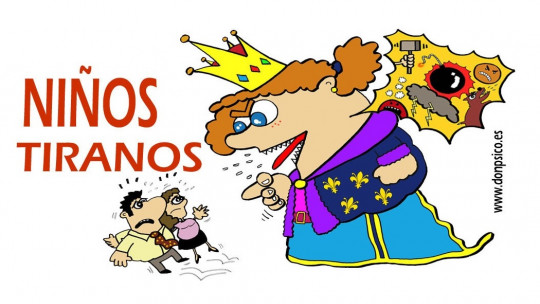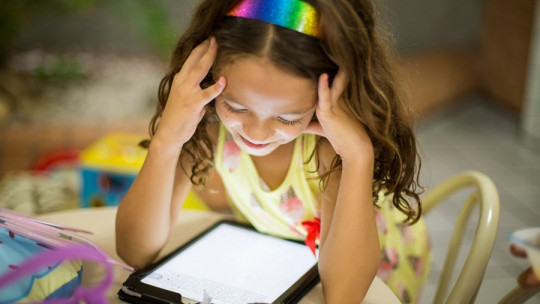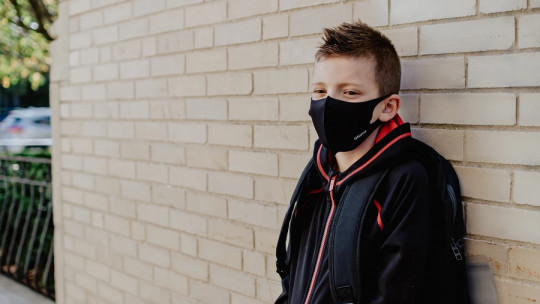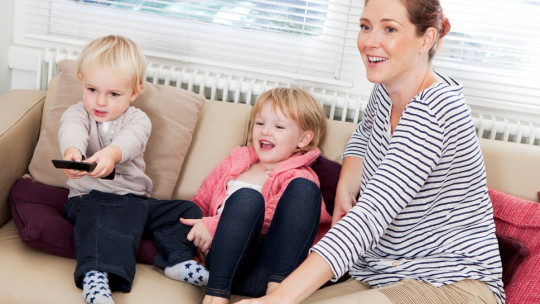Psychologists and educators have been warning parents for decades about the harmful effects of television on the little ones in the house. Therefore, many researchers They have invested their time in verifying what is true in this hypothesis
Is it true that television harms children’s development? And if so, how does television affect their development?
The more television, the more problems at school
Television used appropriately and within certain limits can be positive, but we must not forget that It is a socializing agent and, therefore, transmits values Therefore, it is necessary that there is control over what children watch.
It is common for many parents, in order to have a moment to breathe, to sit their children in front of the small screen. You have to be careful when doing this, because a study that was published in Archives of Pediatrics & Adolescent Medicineand in which the Sainte Justine University of Quebec and the University of Michigan participated, showed that Children who spent more hours watching television at 2, 3 and 4 years of age had more problems at school and had adopted more harmful habits by the age of 10.
According to this study, excessive television exposure during childhood caused a 7% decrease in school engagement, a 6% decrease in math achievement, a 10% increase in peer victimization, and a 10% increase in peer victimization. class, a 13% decrease in time spent physically active on weekends, a 9% increase in soft drink consumption, and a 10% increase in unhealthy snack consumption.
Childhood is an essential stage in brain development
The authors of the study highlight that childhood is an essential stage for brain development. During this period, the brain and its neuronal circuits undergo an intense process of selective stabilization of synapses. The best way to create these connections is through play. In other words, children develop their intellect experimenting with the physical world
Exposure to television can make us more anxious and violent
Television has had a huge impact on our culture. For this reason, Michel Desmurget, doctor in neuroscience and director of research at INSERM (National Institute of Health and Medical Research) carried out research to understand the impact of “TV” on our lives.
Their study concluded that Television exposure appears to make us more competitive, anxious, and aggressive individuals On the other hand, this research also stated that excessive television viewing during childhood is related to the appearance of attention disorders in the early stages of growth, and, as mentioned, can cause anxiety and delinquency also during adolescence.
The relationship between health problems and television use
But there is even more, because children between 2 and 10 years of age who spend more than two hours a day in front of the television They are 30% more likely to suffer from high blood pressure It seems that the cause lies in the relationship between a sedentary lifestyle and frequent use of television.
On the other hand, television seems to exert a strong influence on image culture. A study conducted in the Republic of the Fiji Islands concluded that until 69% of adolescents began to control their weight after continuous exposure to the media We see then that television also modulates the beliefs of minors.
Recommendations from the American Academy of Pediatrics (AAP)
From what we can see, several scientific studies have demonstrated the negative effects of television use: aggressive behavior, anxiety, academic performance, negative perception of one’s own image, etc. Nevertheless, Appropriate use of television can be positive Therefore, so that the small screen does not become a negative aspect of children’s development, the American Academy of Pediatrics (AAP) proposes several tips for parents:

